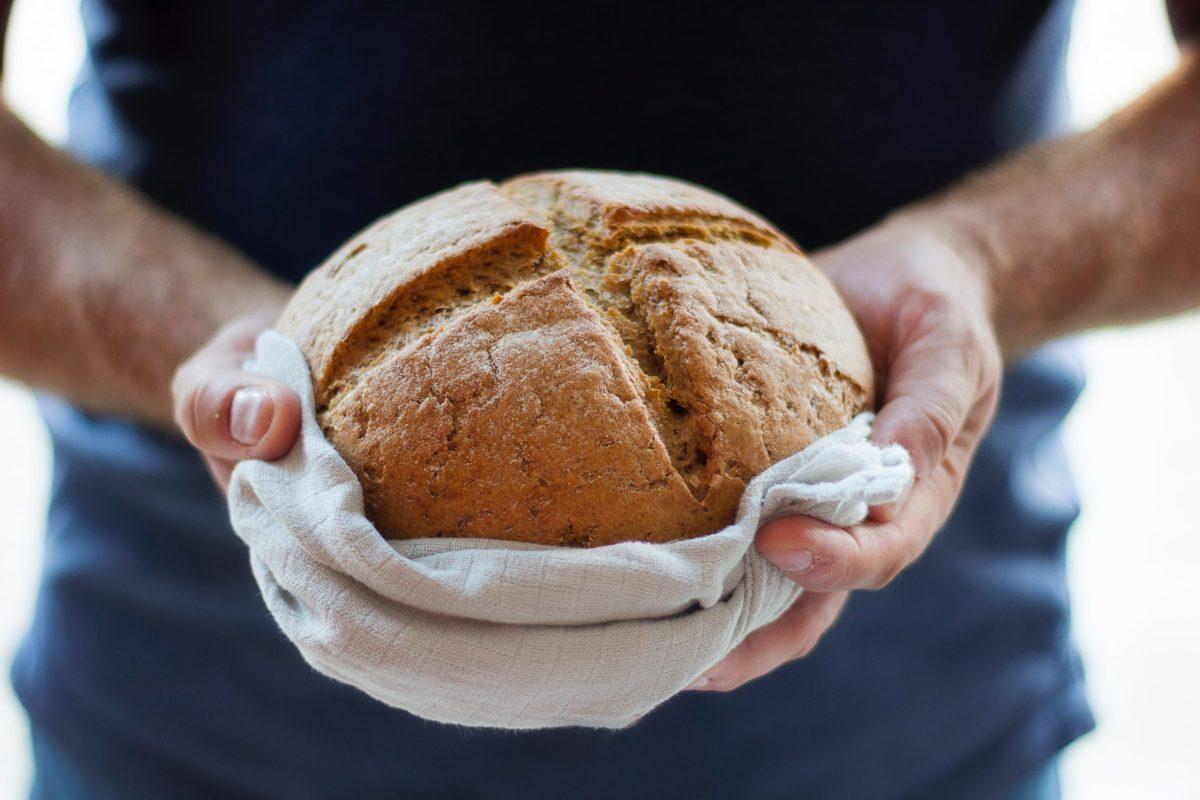
By Lindsey Huffman
Hymn 46 from the Christian Science Hymnal has always been a
source of comfort for me in uncertain times. It speaks of the daily sustenance,
described in Exodus,
that the children of Israel received in the wilderness from God’s heavenly manna.
The hymn’s second verse suggests a present spiritual supply:
Day by day the promise reads, Daily strength for daily needs: Cast foreboding fears away; Take the manna of today.
When we accept God’s bread of Life – Christ – in our daily
life, we are given the inspiration we need to face the day’s challenges, while
worry and fear are banished. To me, the beautiful part of the children of
Israel’s experience with the manna is that when they gathered the manna each
day, every person gathered exactly what he or she needed; no one had too much
or too little manna. (Ex. 16:18)
Do you have a testimony – or even just a short metaphysical idea – to contribute? Contact us at [email protected] and we’ll be in touch.
Likewise, right now, we can trust that God’s strength, inspiration, and grace does not come in excess to some people, leaving others in lack. Rather, God supplies each of our needs entirely and perfectly because, as we read in the Lesson this week (March 23-29), He knows our needs even before we do.(Matt.6:32)
In the Bible, we read of many accounts of God’s provision of food for His people: Joseph and all of Egypt were prepared with food for the seven years of dearth, Elijah was sustained by the widow of Zarephath, Elisha was fed by ravens, and Jesus fed the multitudes.
But, maybe your need for supply is for health, money, shelter, or even just peace.
In my own study, I have found the 91st Psalm to address many human needs from a spiritual viewpoint.
When reading, we can translate our needs to thoughts, then
see how the psalm corrects mistaken viewpoints of lack and fear with the
spiritual understanding of God’s provision and protection.
With world thought so focused on health right now, I have
found God’s promise for His children in the 9th and 10th verses: “Because thou
hast made the Lord, which is my refuge, even the most High, thy habitation;
There shall no evil befall thee, neither shall any plague come nigh thy
dwelling.”
Making God our “habitation,”
to me, means that we are obeying the First Commandment – not making gods out of
world beliefs, standards, and laws. Instead, we keep God at the forefront of
our thought, obeying only His commands and turning to His Word for the truth.
A “refuge”
is a place of complete safety from any attempted harm. To make God our refuge
is to have the best safeguard we could choose, because there are no material
means that equate with God’s protection.
Our “dwelling” can be seen as our thought, expressed
outwardly in body, and we keep thought pure with a clear focus on God and His
spiritual creation. This “calm, Christian state of mind” (Miscellaneous
Writings, 229) is both a preventative and a healing agent, and we can keep this
type of thought for the world.
As a result, we will see the effects of good health, peace, security, and holiness permeate the globe.
Featured Photo by Kate Remmer on Unsplash